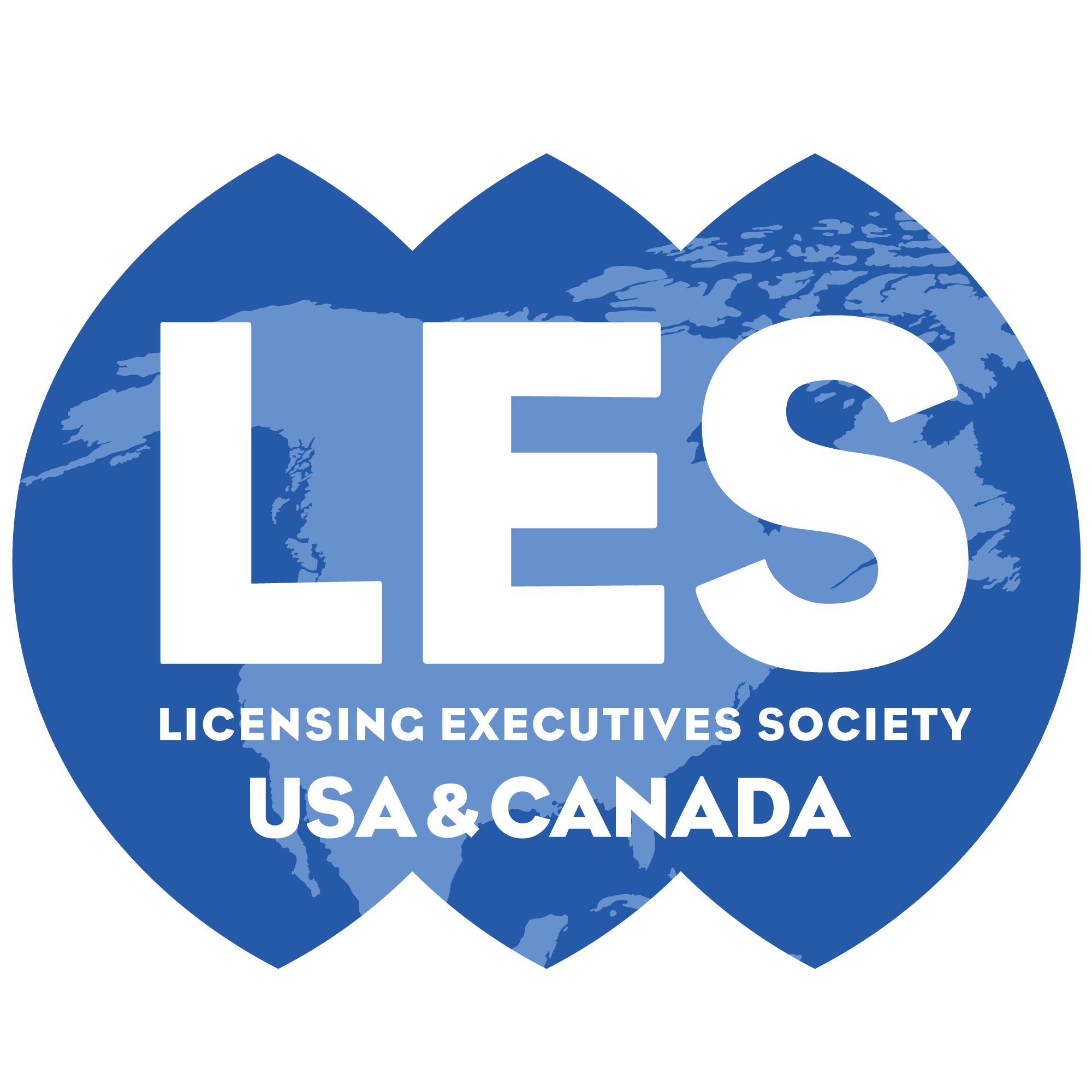LES is proud of the many contributions our members make to the field of IP. Our ANSI-accredited standards development program is no small part of that contribution. Through that program, LES is helping define best practices for IP in a variety of fields, including Managing IP in the Supply Chain, Conduct in IP Licensing, Intellectual Capital Management for Startups, IP Valuation, FRAND Licensing, IP Brokerage and Intellectual Capital in the Boardroom. This is all made possible by the LES members who make up our Standard Development Organization (SDO) and Consensus Standards Partnership (CSP). They draft and shape the standards that will ultimately help a wide array of stakeholders better protect their intellectual property.
We’re currently recruiting members for both the SDO and CSP – read on for more about the important work these committees are doing and how to get involved.
Thanks to the dedication of our SDO committee, we’re excited to share that two key standards – Intellectual Capital in the Boardroom and Management System for IP Protection in the Supply Chain – Requirements, have completed the development process and will be submitted to ANSI for approval. We hope for ANSI approval of both Standards later this year, at which point they will be made available for purchase on ANSI’s website.
With news of this progress, we thought it was a good time to take a step back and remind everyone why these standards are important and how they are created.
The Idea
The idea for these standards stemmed from comments made during an LES Annual meeting. A judge giving one of our keynotes asked the LES members why they keep sending IP cases to his court, noting that his jury lacked the knowledge necessary to offer fair rulings on IP topics. This got the LES team thinking: What if there was some other way to resolve IP disputes? The LES SDO was formed soon after, with the mission of developing management frameworks and business process standards that make good IP management and transaction practice understandable, accessible and efficient, from the boardroom down to the individual. The standards that the Committees work on help many stakeholders – universities, large operating companies, IP specialty organizations and start-ups or small businesses who may not have the funds for legal support.
The Execution
The LES SDO was accredited by the American National Institute of Standards (ANSI), and ANSI approved the LES SDO policy and procedure manual. Each proposed standard has a Committee led by Volunteers (who are members of the LES Standards, many of which are LES members), comprised of stakeholders that represent various Interest Groups. Bringing a standard to fruition is an iterative process that requires input from many parties. Here’s a quick look at the main steps involved:
- Drafting: A group of volunteers from the LES SDO identifies a topic where a standard is needed and prepares a first draft. The Standard draft is developed by the Committees, who write requirements and recommend actions to comply with the standard. The Committee must align on the content and get a consensus to complete the draft.
- Commentary: Once the draft is complete, the standard goes out for public commentary as announced in ANSI’s standard publication. The LES SDO has a balloting tool to collect the comments.
- Revisions: The Committee reviews the comments provided by the public and determines which ones to include in the draft standard. The Committee responds to the public commenters to try to resolve their objections or to advise them if they accepted their comments for the draft standard.
- Rinse and Repeat: If the revised draft has changes made based on a previous round of public comment, the Committee conducts another public comment review period.
- Final Review: Once all rounds of commentary are incorporated, the standard goes to the LES SDO Board to vote on the final draft. The last step is for the LES CSP to vote on the final standard.
- ANSI Approval: If the CSP votes affirmatively to approve the standard, the LES SDO provides evidence of consensus using ANSI’s BSR-9 form. ANSI then decides whether a standard can issue.
- Final Standard: The ANSI-accredited standard is published and made available for purchase on ANSI’s site.
Clearly, bringing a standard from idea to fruition is no small feat! While we’re thrilled with the near completion of our two recent ANSI-accredited standards, this is only the beginning. We still have five standards in development, and we need your help to progress them. Our Standards Committees focused on IP Brokerage, IC for Start Ups, IP Licensing and FRAND Committees need your help to draft the standards. Additionally, the Management System for IP Protection in the Supply Chain and Intellectual Capital in the Boardroom need new Committee Leaders and Members to take the approved standard to the next phases of adoption and compliance. We welcome your participation!
Get Involved
LES is seeking contributors for both our Standard Development Organization and Consensus Body Partnership. This is your opportunity to influence the development of these important standards that have the potential to positively impact the IP ecosystem. We strive to make these standards as fair, inclusive and effective as possible, and doing this well requires an array of input and viewpoints. Please join us and play your part in supporting our IP industry. For more information about getting involved in the SDO or CSP, please contact Hillary Brintle at hbrintle@les.org or Alex Rehmeier at Alexandra.l.rehmeier@boeing.com
Learn more about LES Standards and read up on the benefits of LES membership. Follow us on Twitter, LinkedIn and Facebook to stay up to date.
About Alexandra Rehmeier

Alexandra Rehmeier, Sr. Manager IP Policy and Training, Intellectual Property Management, The Boeing Company
Alex is Senior Manager IP Policy and Training at The Boeing Company. Alex’s current leadership role is in developing and integrating external and internal IP policies, procedures and processes, applying IP protection strategies and plans in Company Initiatives and developing enterprise learning resources. In previous roles, Alex managed licensing, valuation, enforcement and compliance groups, including auditing of license agreements. She has been involved with the LES IP Valuation Standards Initiative since its formation. Alex also participates in the Aerospace Industries Association, Intellectual Property Committee, where she works on education and policy issues with colleagues from other aerospace companies, specifically regarding software and data rights in Department of Defense contracting. Alex attended Bucknell University (B.S. Business Administration) and received her Executive MBA at University of California, Irvine.

Get Social